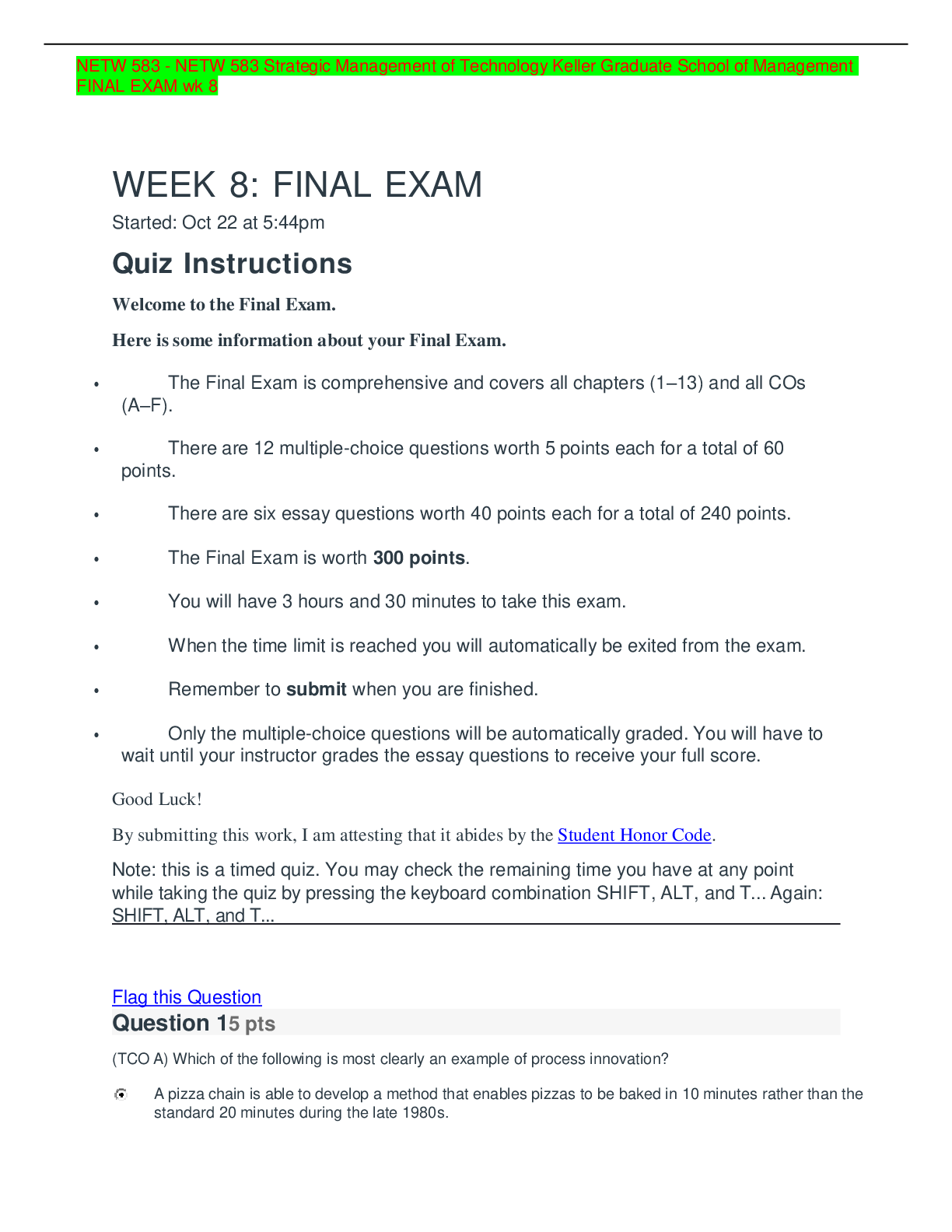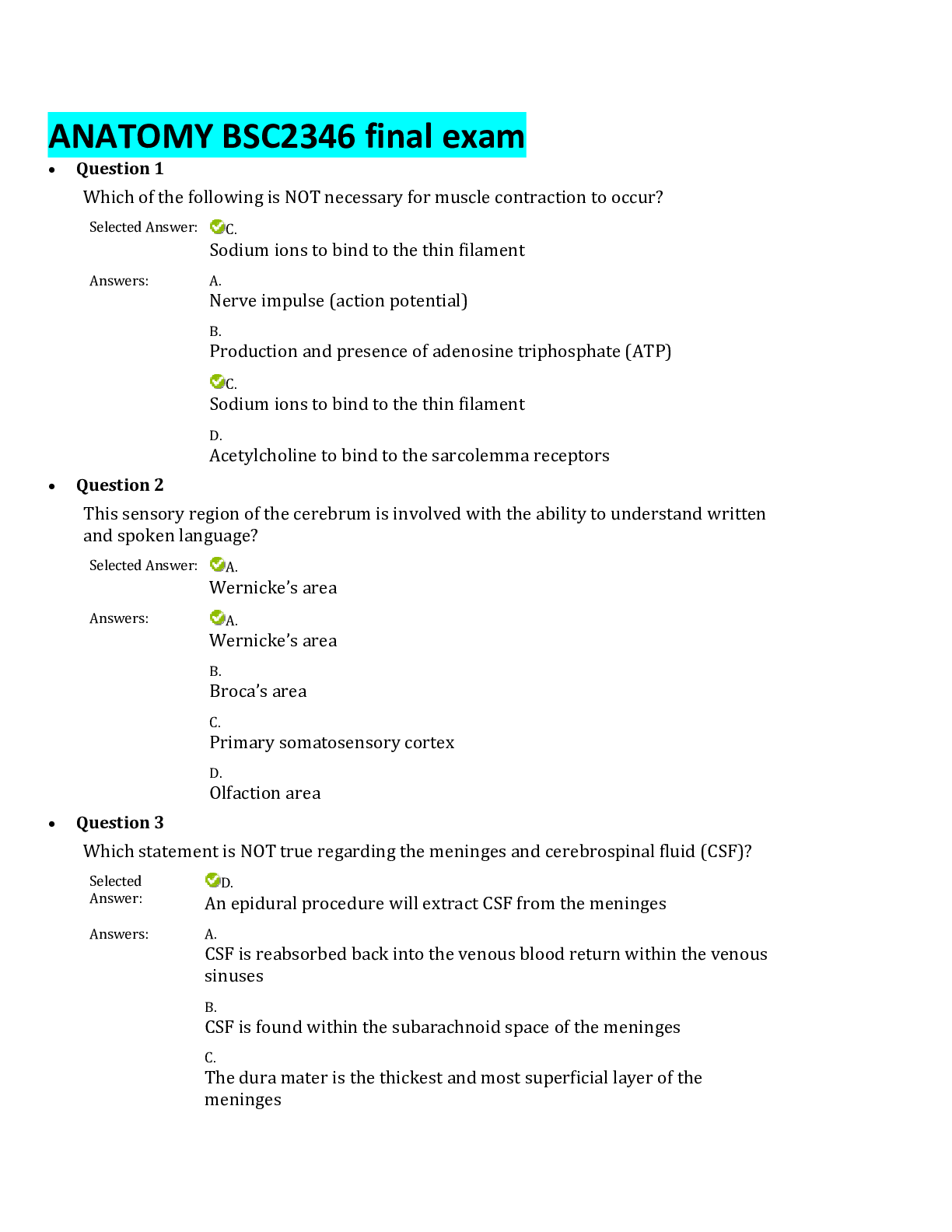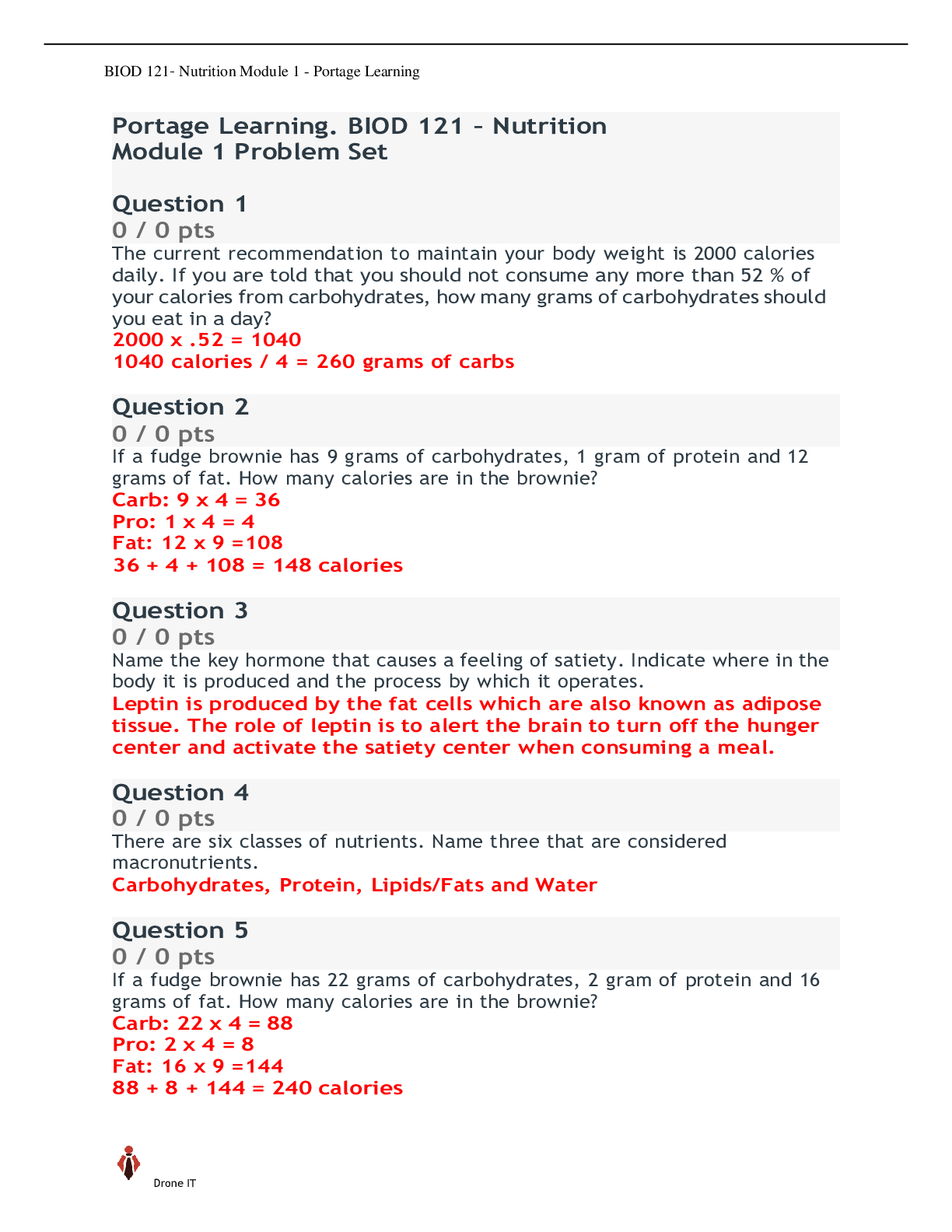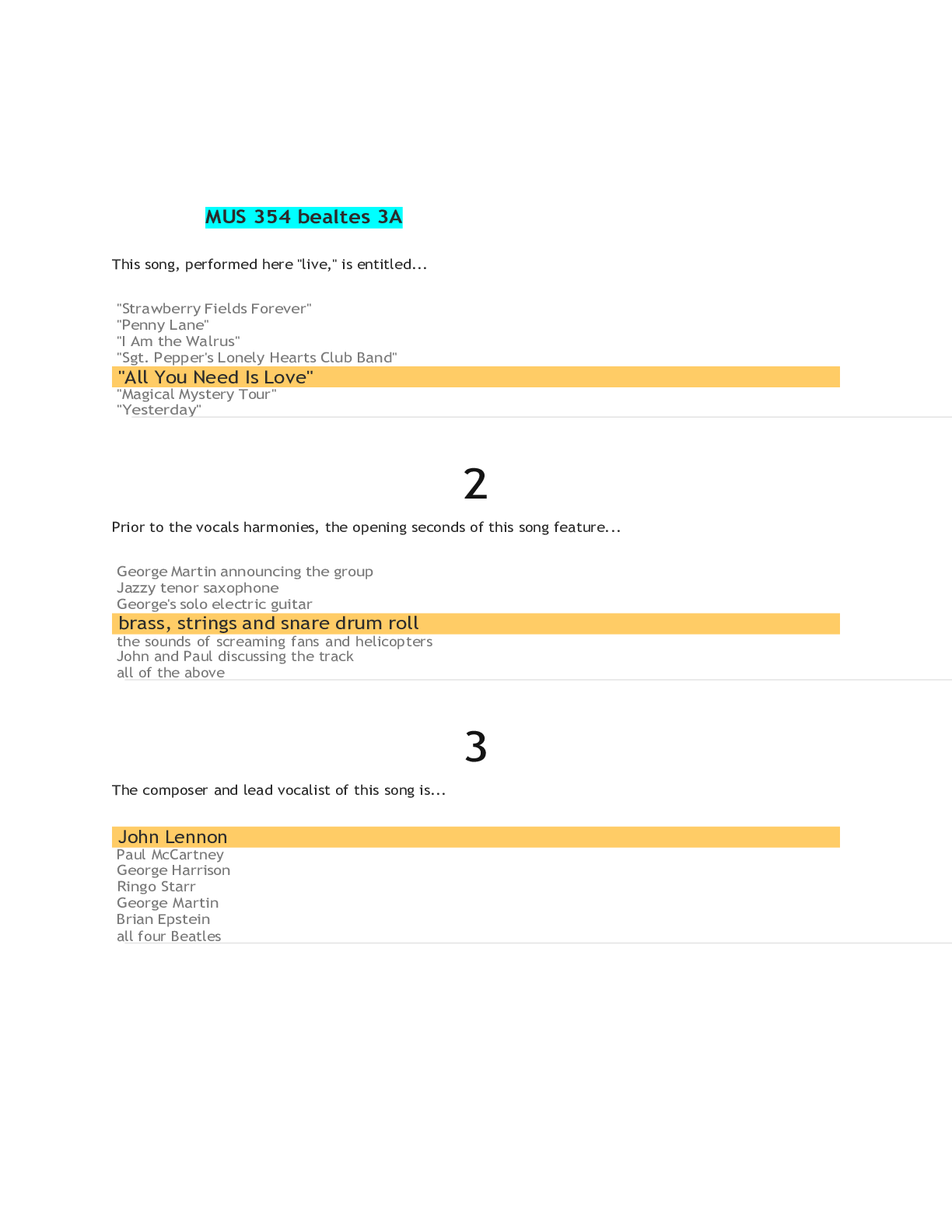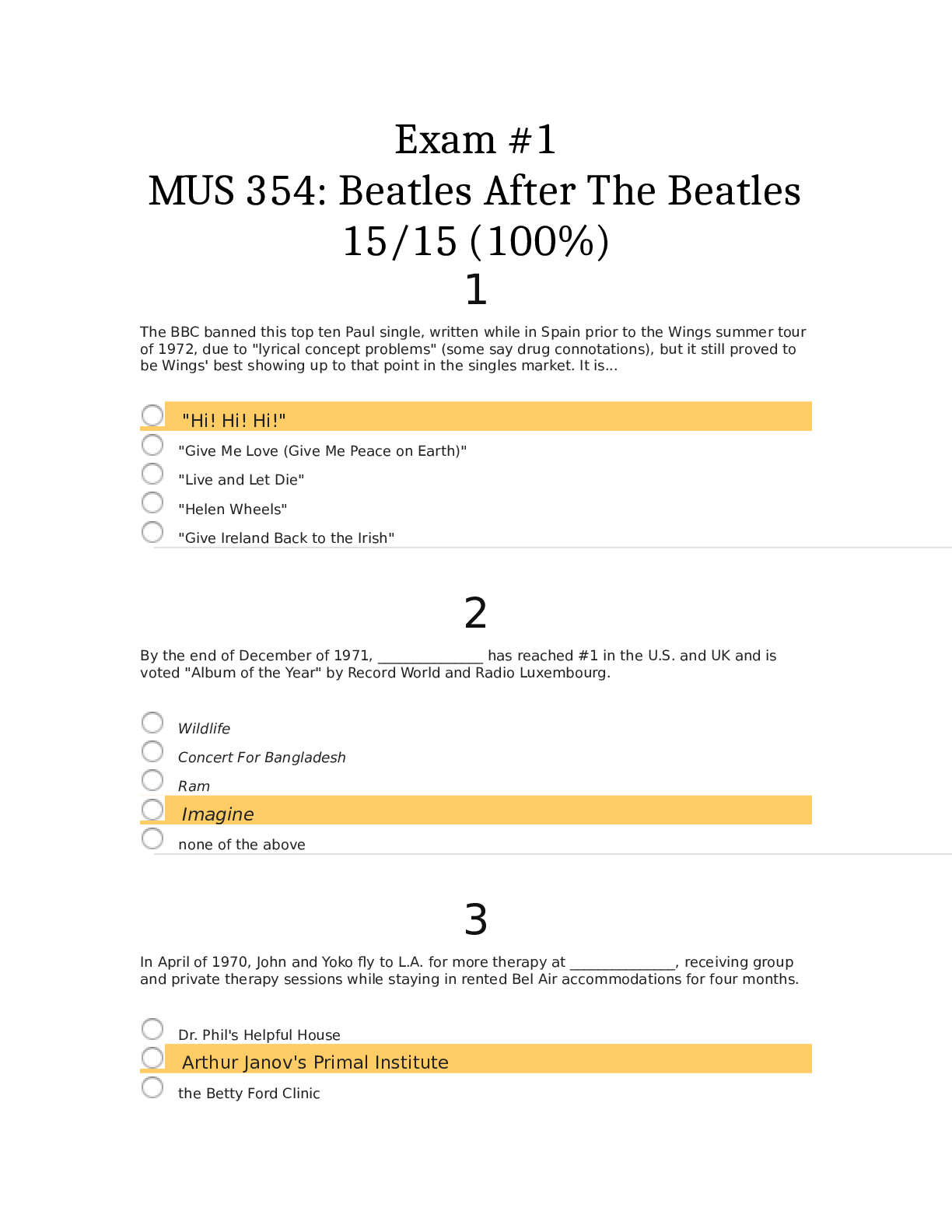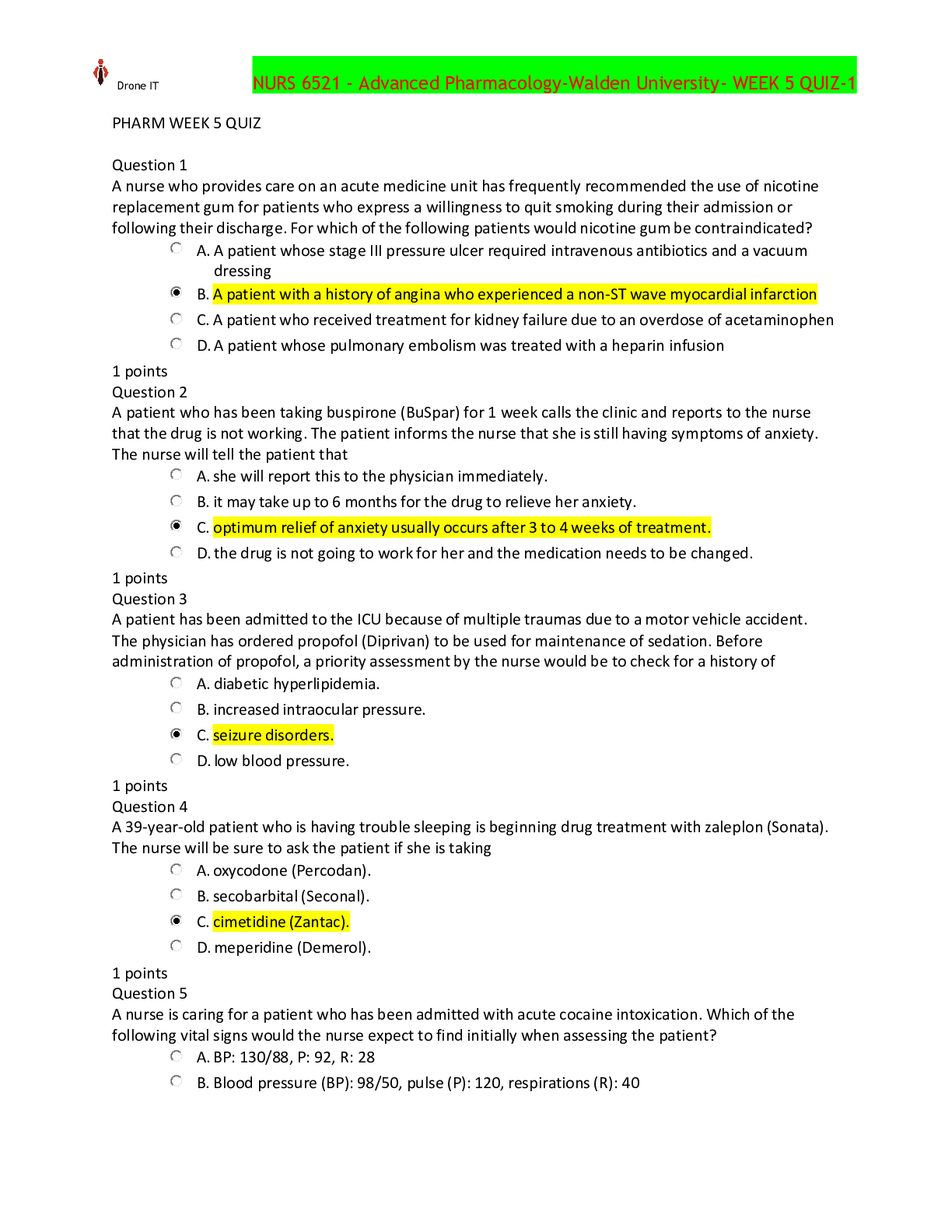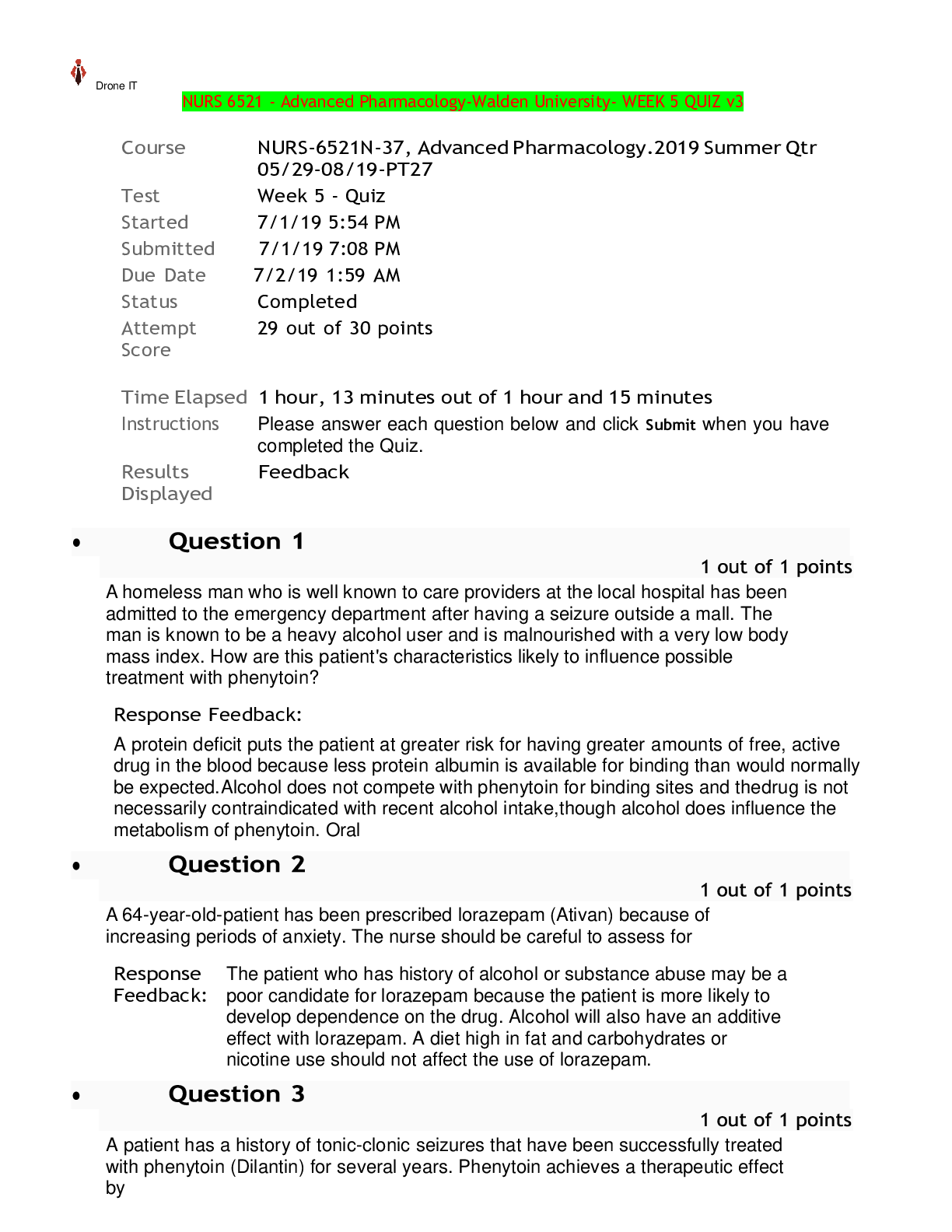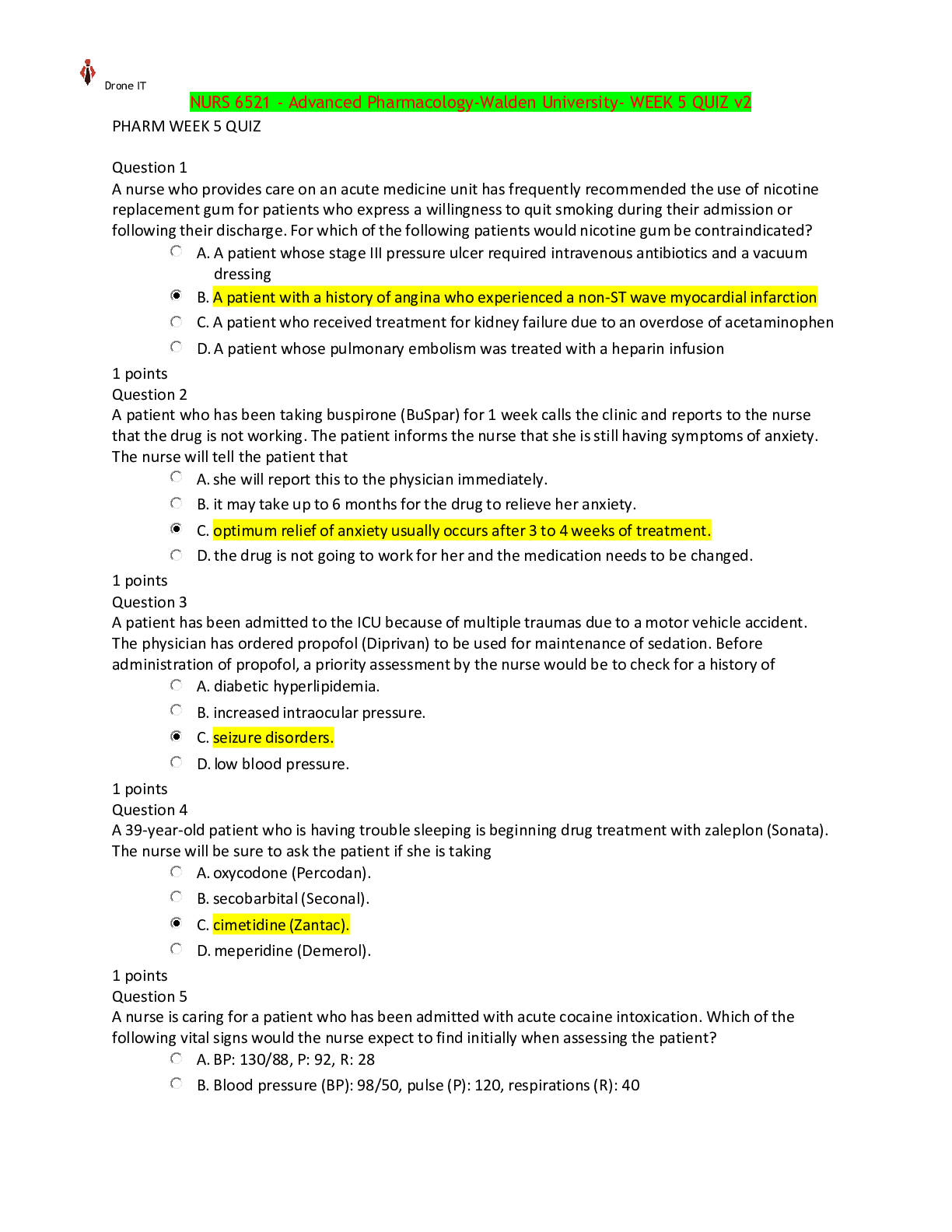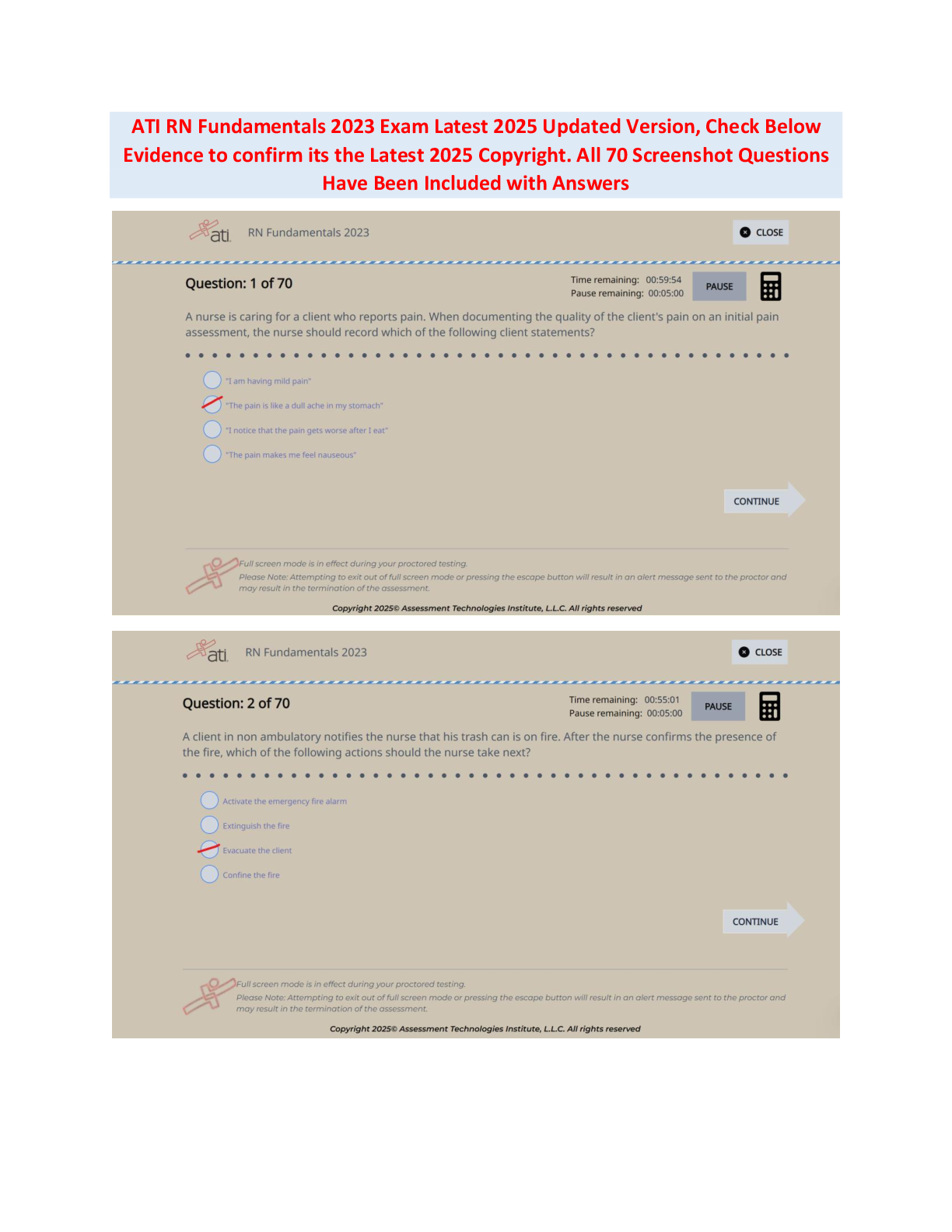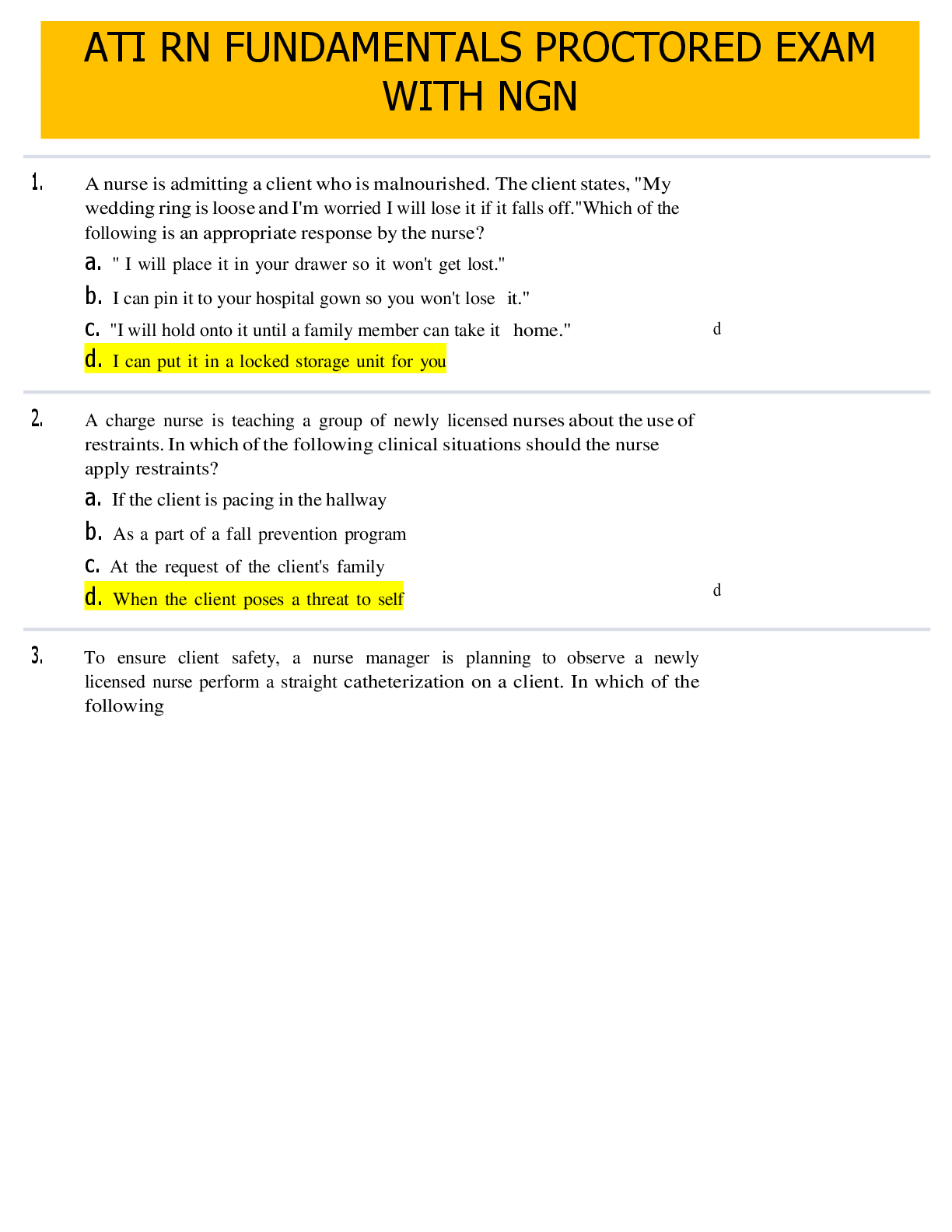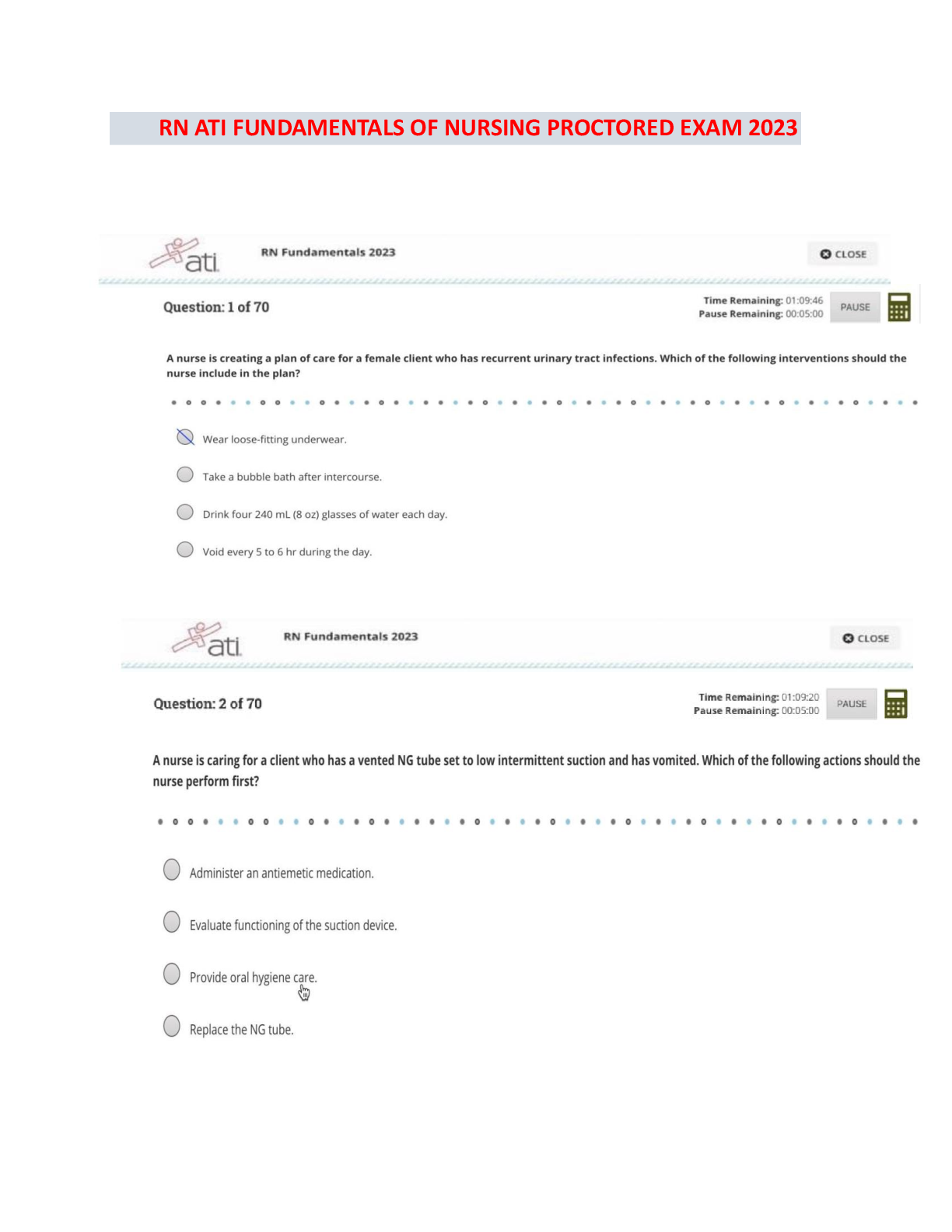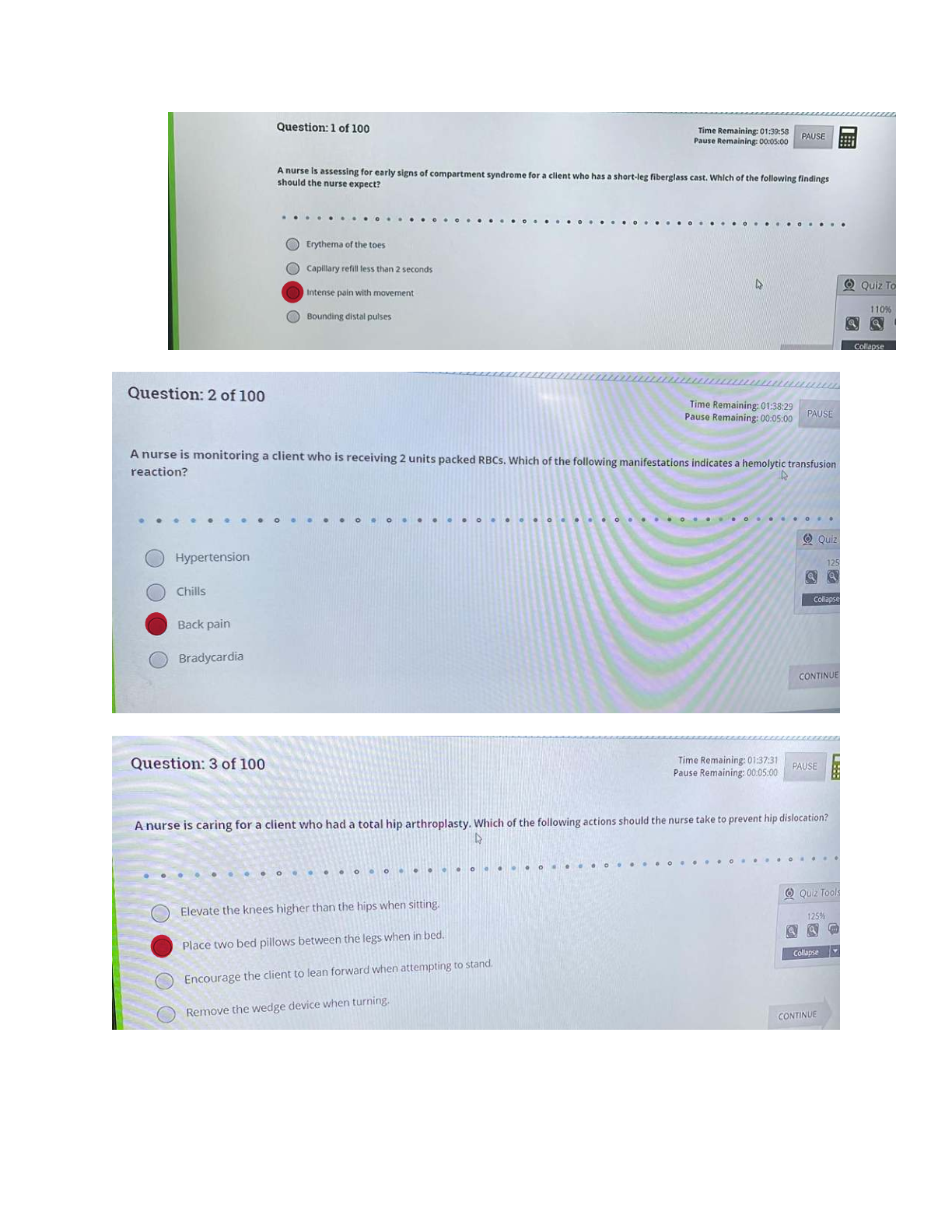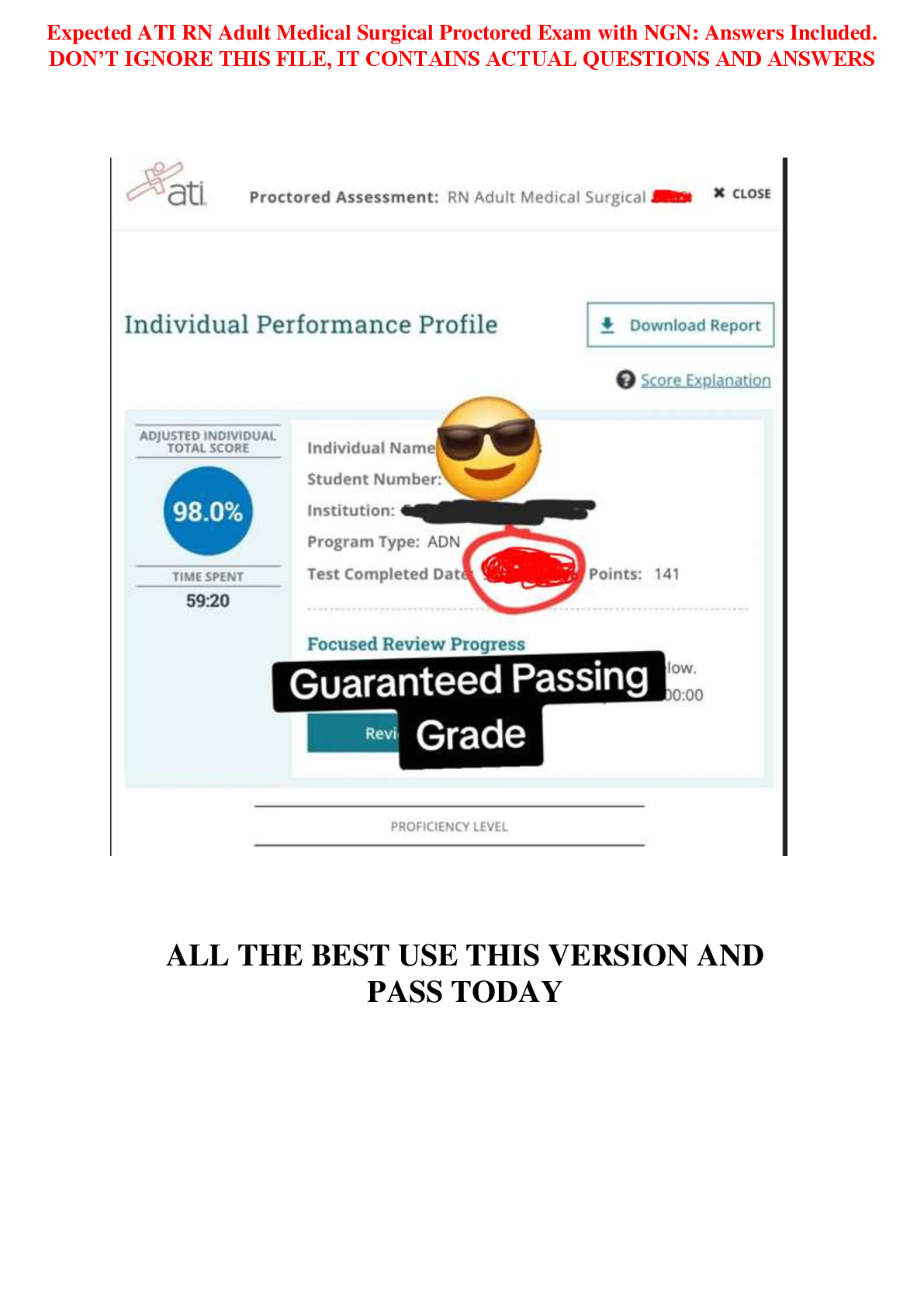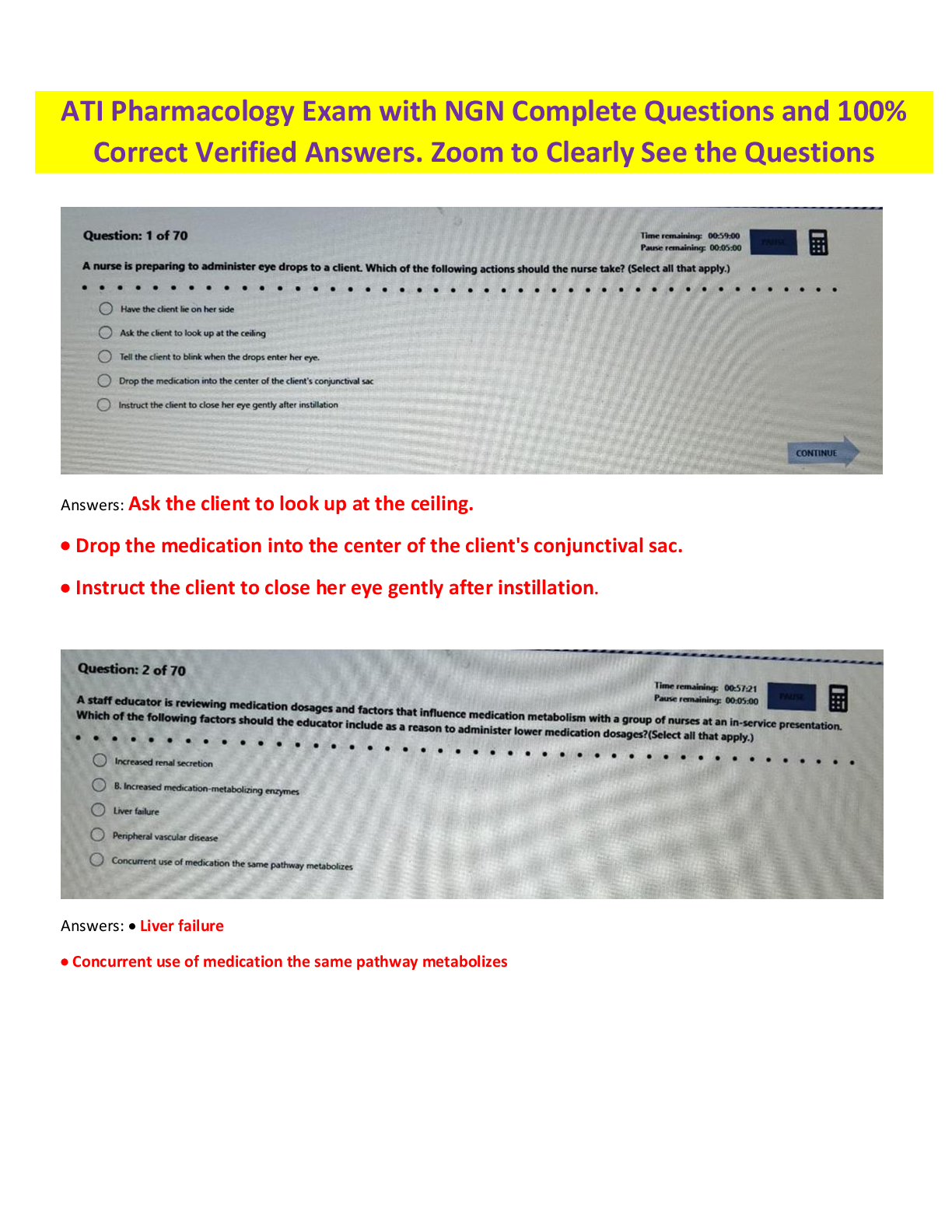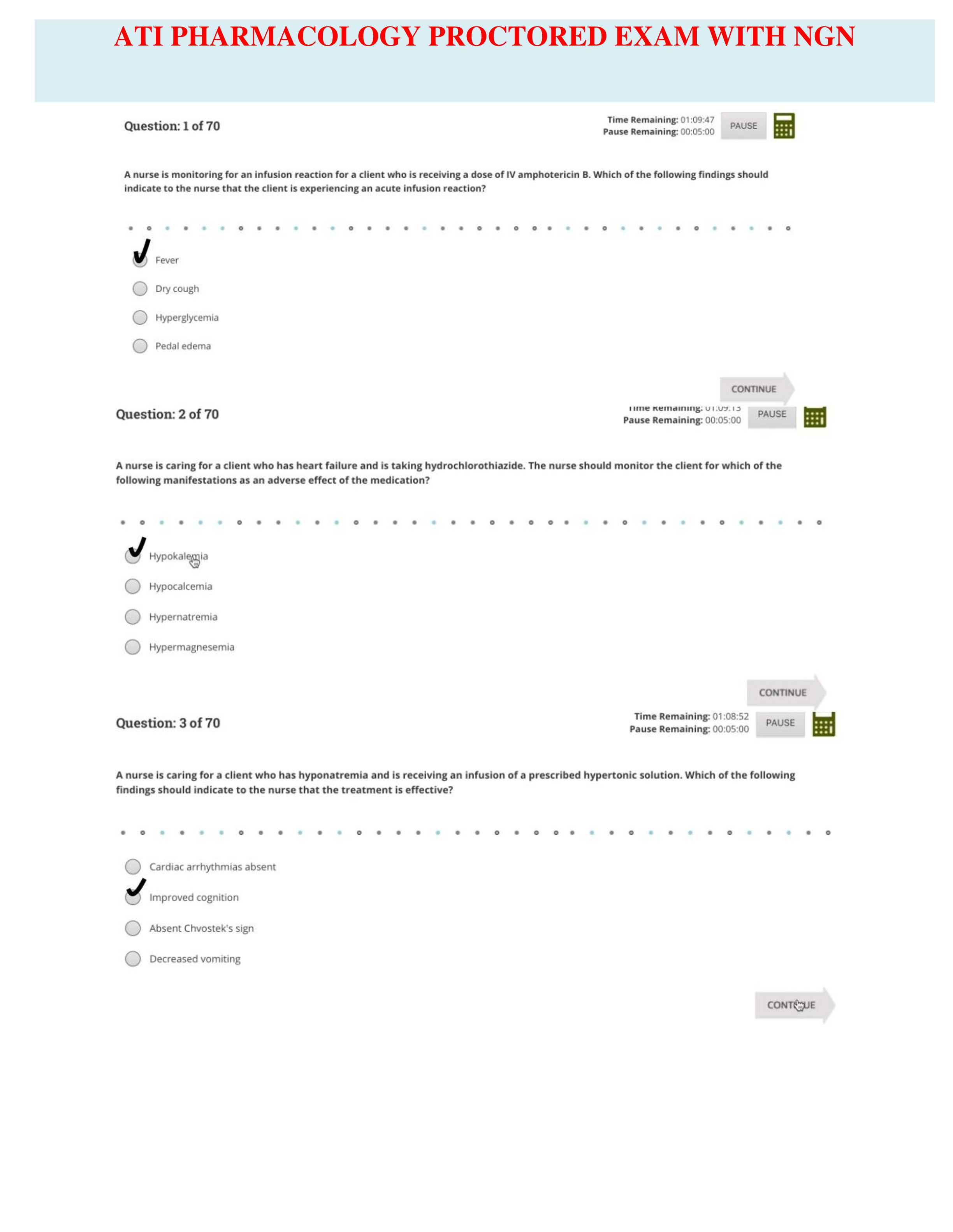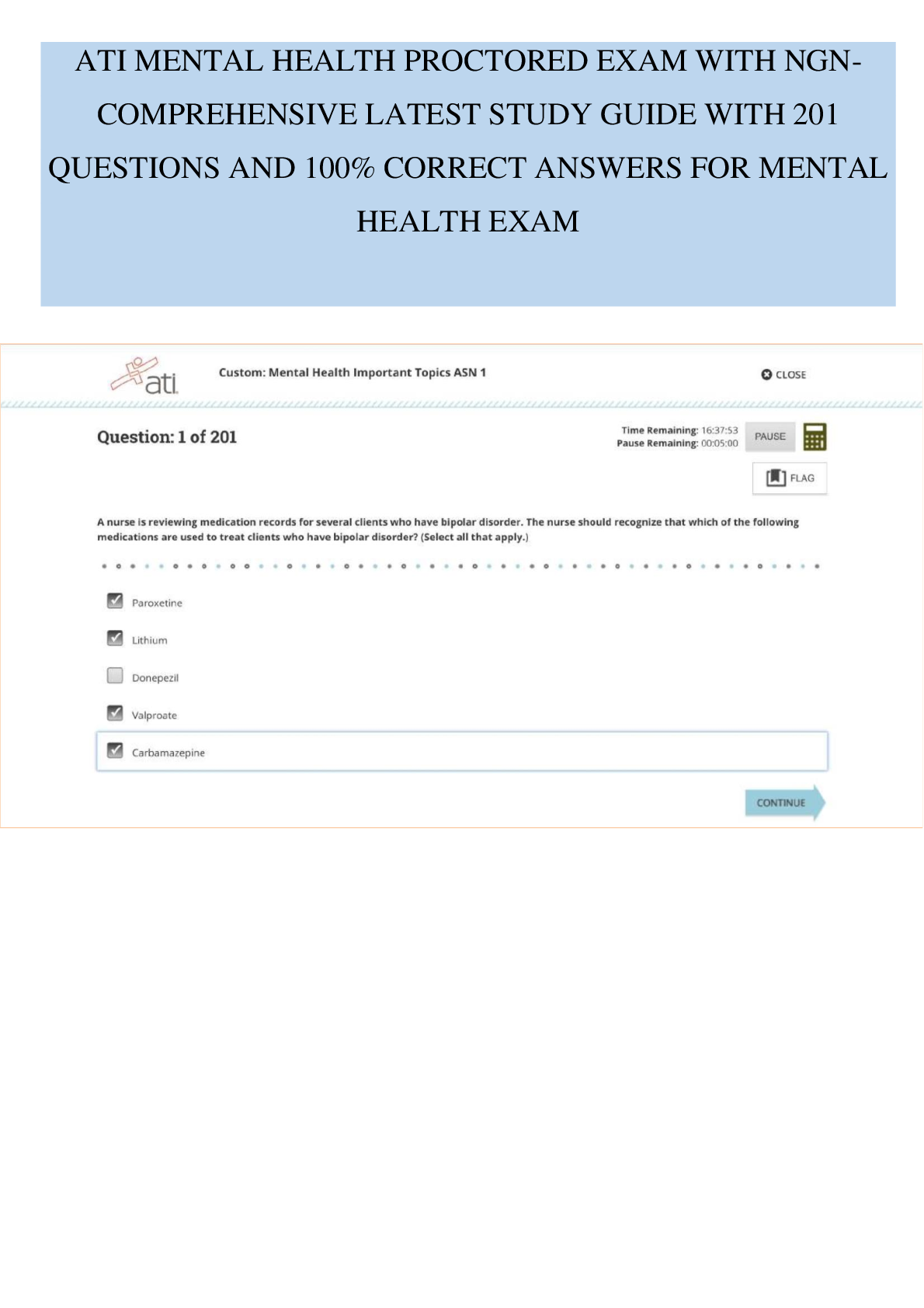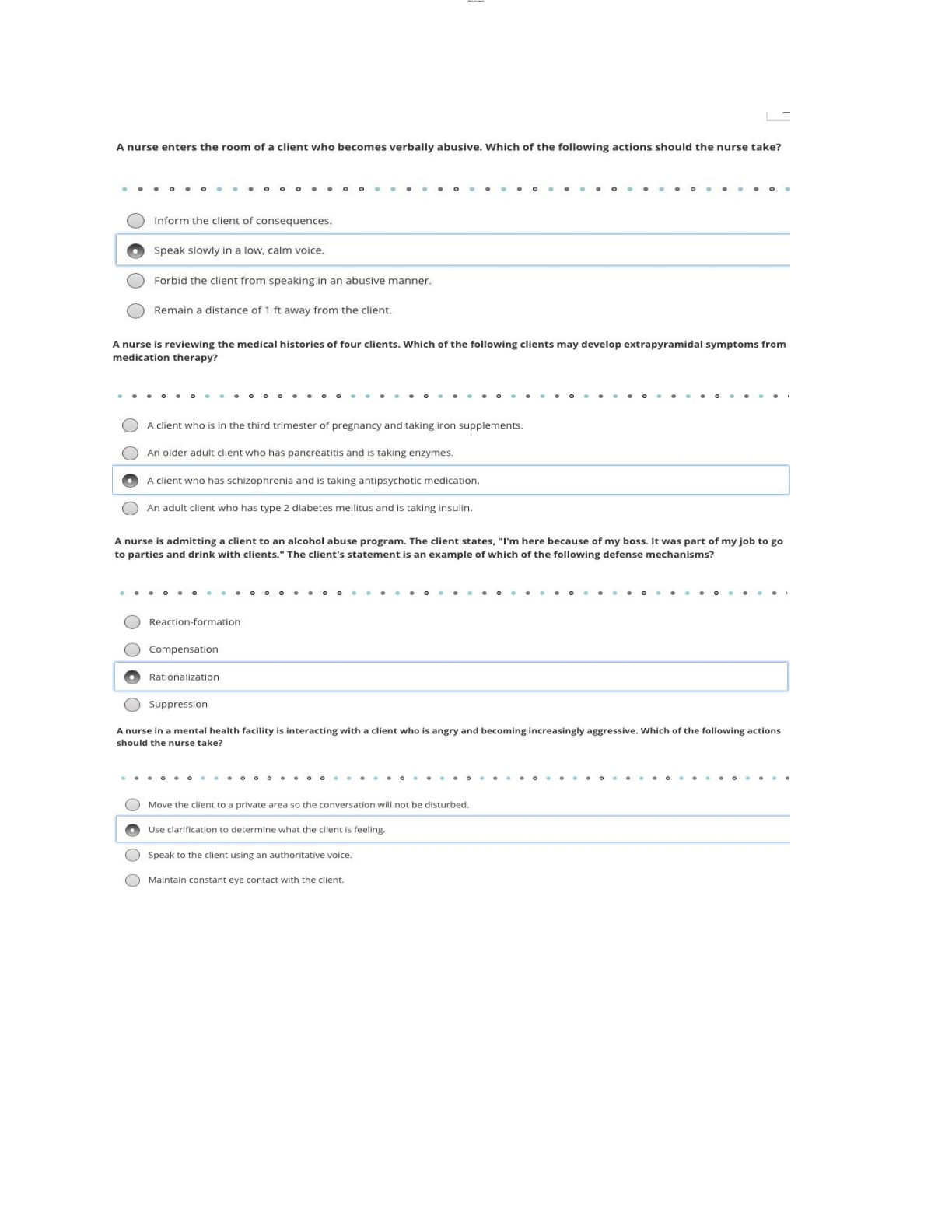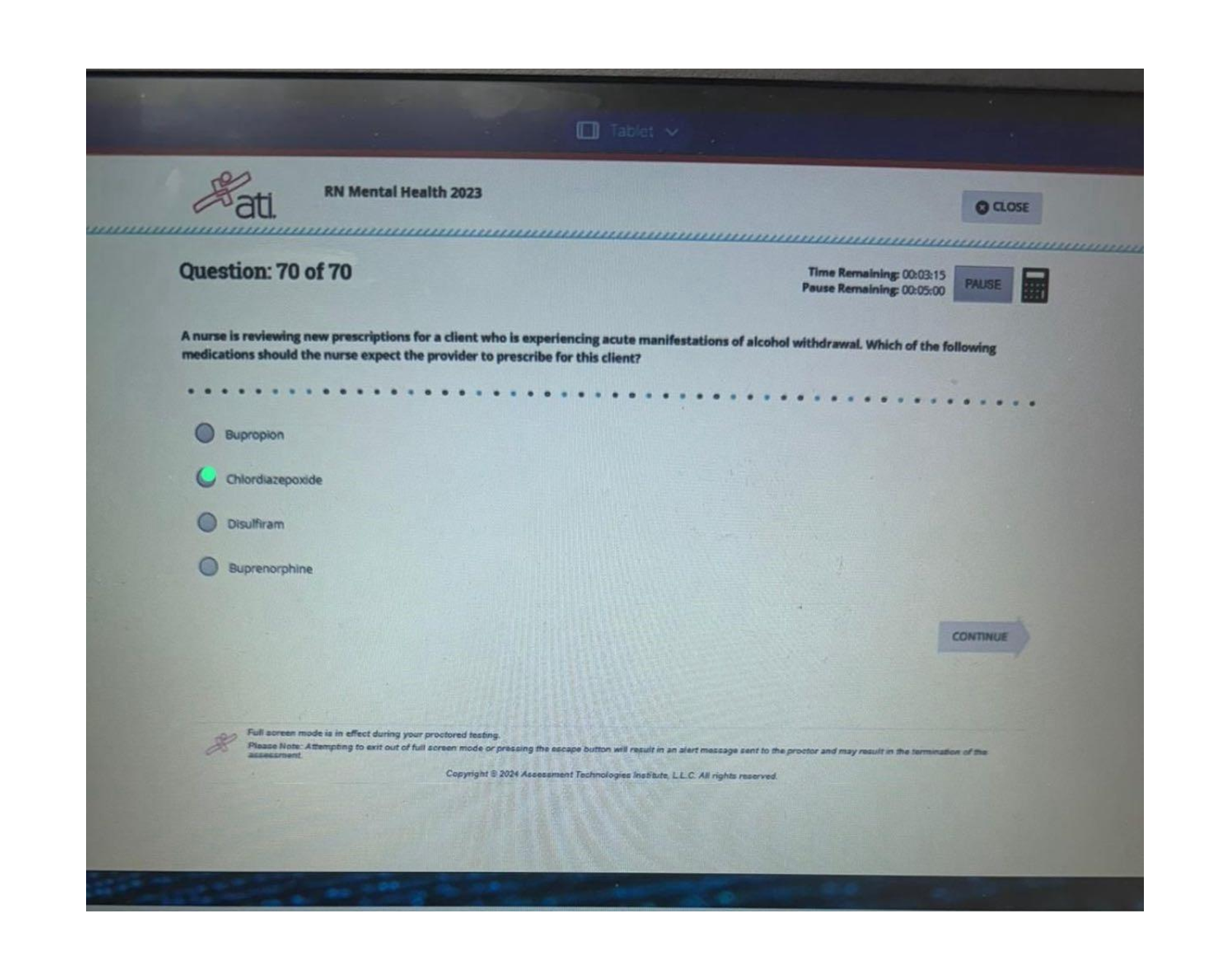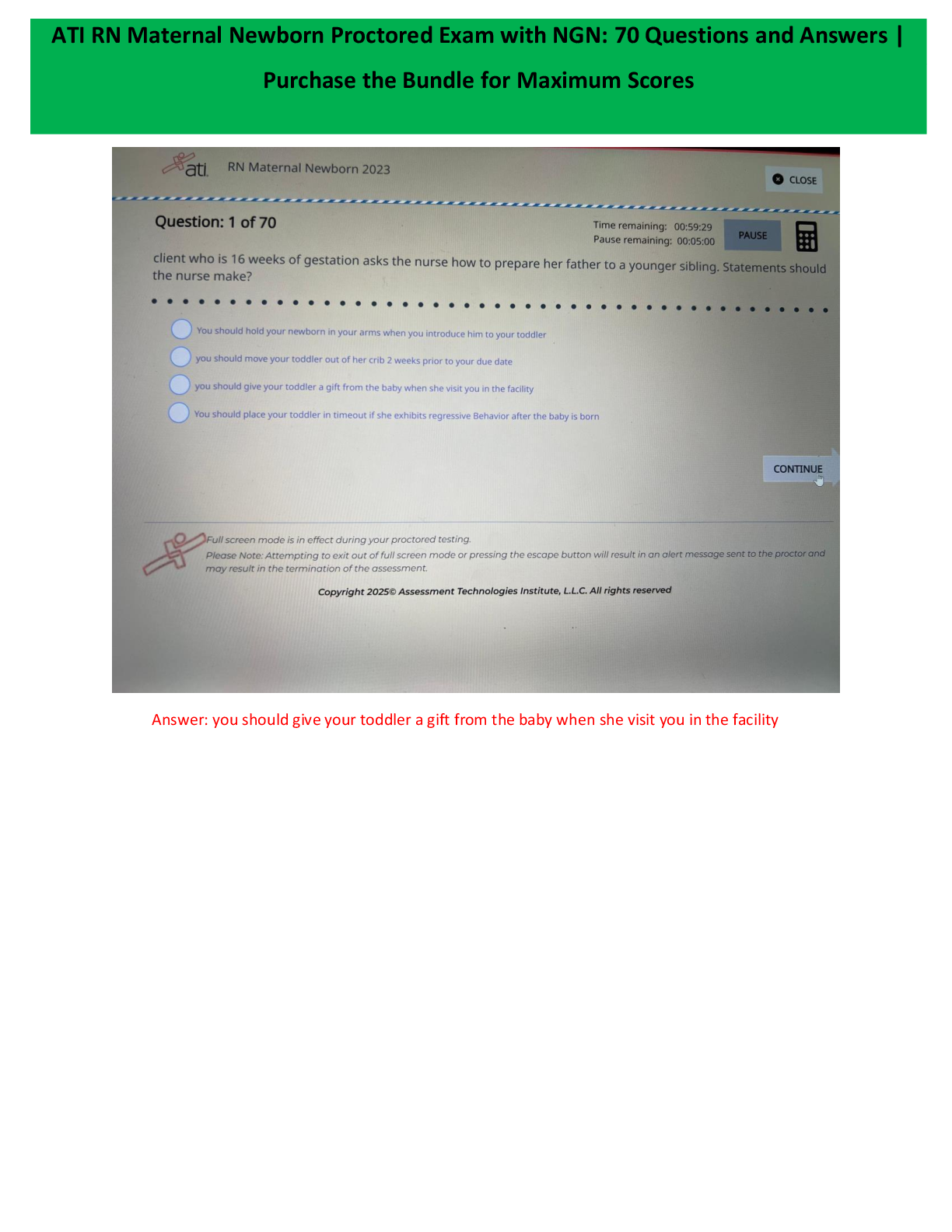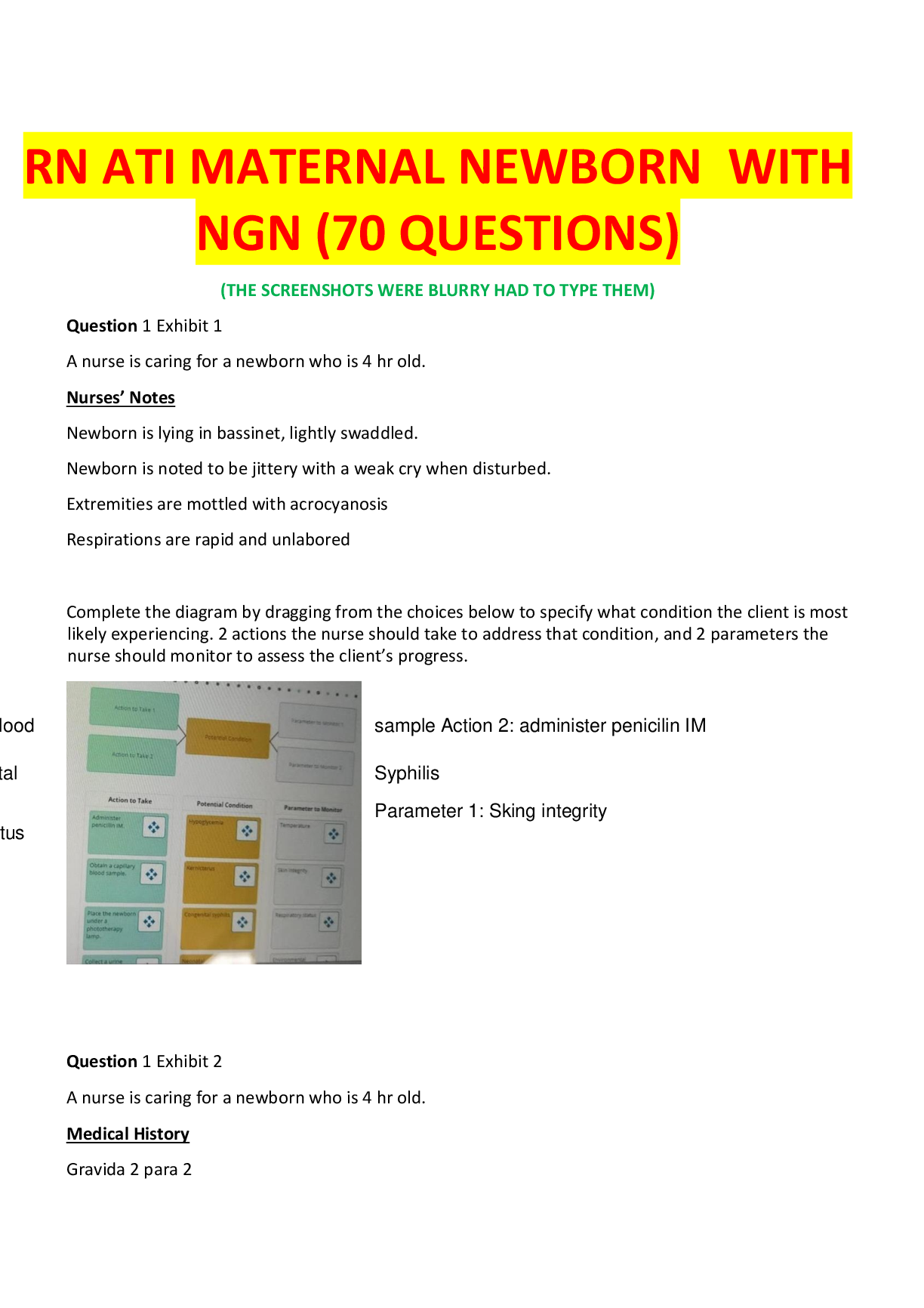55 and older community - |Ans| >>Must have one person who is 55 years of age or older living in at least 80% of its occupied units. The community must be designated "55 and older" to qualify as this type of housing
...
55 and older community - |Ans| >>Must have one person who is 55 years of age or older living in at least 80% of its occupied units. The community must be designated "55 and older" to qualify as this type of housing that legally prohibits children and limits occupancy to a certain age span. The designation process involves submitting applications and obtaining approval before any enforcement of the ages of residents commences. Approval from the Department of Housing and Urban Development (HUD) must be received before construction begins. Abstention - |Ans| >>Is to not cast a vote. Board members should abstain from voting only for clearly stated reasons such as a conflict of interest or ignorance of the matter at hand. Acceleration - |Ans| >>The collection of all assessments due through the end of the fiscal year. Acceleration is a technique used to collect assessments from habitually delinquent owners. Accrual basis of accounting - |Ans| >>Records revenue when it is earned and expenses when they are incurred. It provides an accurate picture of the association's financial condition. GAAP (Generally Accepted Accounting Principles) requires the use of accrual accounting. Action item list - |Ans| >>A list of actions to be taken before the next board of directors meeting as a result of decisions made at the current one or between meetings. An action item list contains the decisions to be implemented together with the names of those assigned implementation responsibility. Excel, Google Docs and Microsoft Outlook Tasks may be useful programs for helping you compile your action item list. Actual cash value (ACV) - |Ans| >>ACV is the depreciated value of an item, commonly used in property insurance coverage. Ad hoc committee - |Ans| >>This committee's purpose is to deal with a one-time issue and make recommendations to the board within a specific time frame. The board should use a resolution to establish an ad hoc committee and clearly state the charge and expected outcome to the committee. Ad hoc committees may be formed to review parking regulations, develop investment guidelines, or to renovate a lobby, for example. Advertising injury - |Ans| >>Advertising injury provisions in commercial general liability insurance (CGL) include language providing coverage to the community association with respect to damages resulting in "misappropriation of advertising ideas or style of doing business" or "infringement of copyright, slogan, or title." Community associations with newsletters, directories, and websites that contain advertising and use online, magazine or newspaper articles without reprint permission have this exposure. Agenda - |Ans| >>An agenda is more than an announcement of the order of business for a meeting. It is a meeting management tool. Meeting agendas follow a standard format, largely based on parliamentary procedure. Prof.Exams Aggregate amount - |Ans| >>The total amount that the insurer will pay out under an insurance policy. This is a common feature of liability insurance policy. Agreed amount endorsement - |Ans| >>Provides for an agreed upon limit of property insurance. An "agreed amount" endorsement can also suspend the coinsurance clause. Coinsurance is a standard element in most property policies that obligates the insured to maintain a certain amount of property insurance on the entire property or per structure, based on a stated percentage, usually 80% - 90%. If the insured does not maintain this percentage, the insured will not be reimbursed for the full loss of the property. Alternative dispute resolution (ADR) - |Ans| >>An effective way to resolve alleged violations. It involves submitting the alleged violation to a disinterested third party who helps the parties reach an amicable solution. This person is not a judge or an expert in community association law, but can assist in the resolution of the alleged violation. Appeal - |Ans| >>An appeal is a request for a review of a case by a higher authority—if permitted by the governing documents, resolution or state statute. For example—if the hearing panel is a committee, the board of directors acts as the higher authority. If the board of directors is the hearing panel, the alleged rule violator must appeal to an authority outside the community association—for example, alternative dispute resolution. Arbitration - |Ans| >>A process in which a third party—called the arbitrator—renders a decision as to the respective liabilities of all parties. The object is not to reach a settlement; instead the arbitrator ultimately makes a ruling. It is an adversarial process that results in the same "win-lose" or "lose-lose" that you would see in litigation. Arbitration can be binding or non-binding. A binding arbitration typically cannot be appealed. Once the decision is rendered, unless you can prove fraud, the decision will be forever binding. A non-binding arbitration is advisory in nature. The decision that the arbitrator makes does not have to be followed. In that respect, it is like getting an opinion of your case from a neutral party, which could result in a fair settlement figure. Architectural guideline - |Ans| >>A rule that applies to the appearance or exterior of a lot, home, or unit. Community associations frequently develop architectural guidelines that address fencing, decks and patios, landscaping, doors and windows, color of exterior surfaces, and location of improvements upon lots, for example. Articles of incorporation - |Ans| >>Document that brings a corporation into existence. The document also defines its basic purposes and powers and indicates whether stock will be issued. The articles must be filed with a state in order to incorporate. Among the things it typically must include are the name and address of the corporation, its general purpose and the number and type of shares of stock to be issued. Assessment - |Ans| >>The owner's financial obligation to the community association during a given period of time—usually one year. Also commonly known as a maintenance fee. It covers Prof.Exams the owner's share of the common expense (known as "common expense liabilities" in some states). An annual assessment may be paid on a monthly, quarterly, or annual basis, or however the governing documents dictate. Most of a community's revenue will come from owner assessments. Assessments receivable insurance - |Ans| >>This insurance actually has a certain limited value. It applies to situations in which a covered loss happens to the property (for example, a fire destroys a unit) and the community association is unable to collect assessments from the owner. Housing cooperatives can protect their assessments through "Loss of Rents" coverage, a type of business income. Assets - |Ans| >>Assets include anything owned that has value. Unlike commercial businesses, howeveSOLVED- ELABORATED-CMCA CMCA General Key Terms#Applications and Forms #CMCA #Exam #Prep #CMCA #Examination #You #Passed. #Standards of #Professional #Conduct #MaintainingtheCMCA #CMCA #Retired #State #Specific #Requirements #Community
[Show More]




